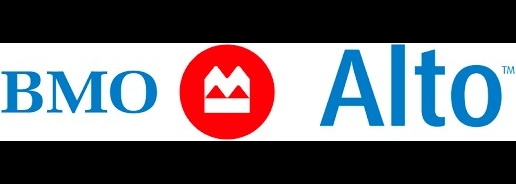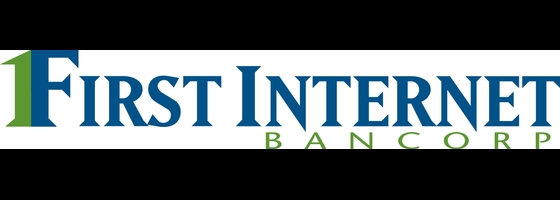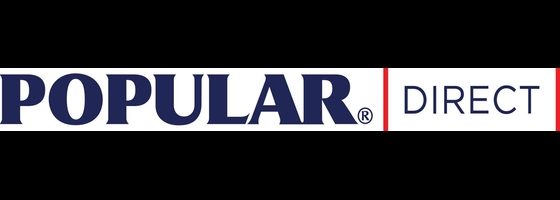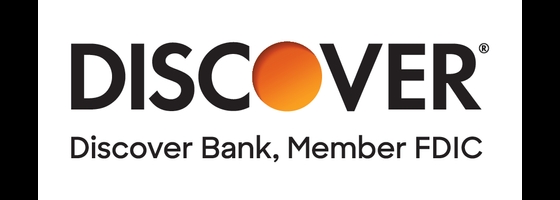- Guaranteed rate of return.
- FDIC or NCUA insured up to legal limits.
- The fixed interest rate protects you against rate drops over time.
Best 5-Year CD Rates of November 2024
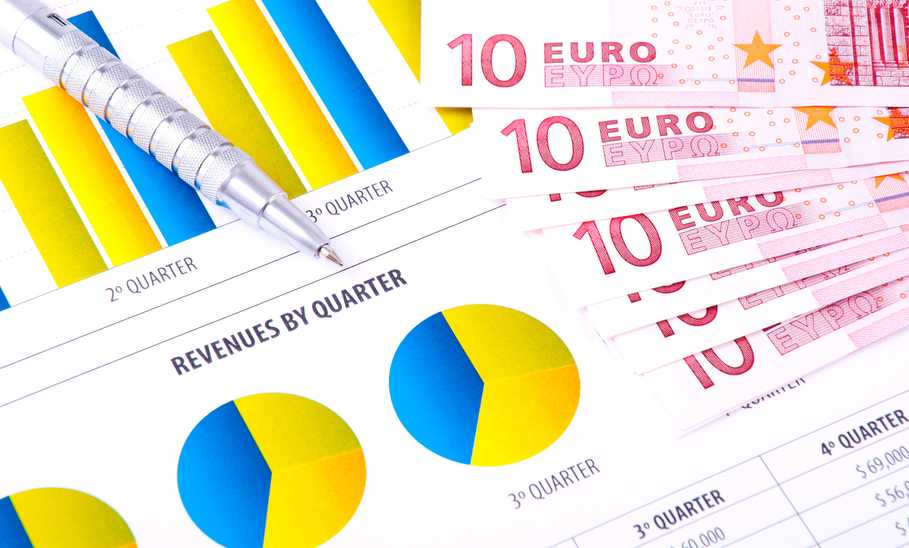
Our evaluations and opinions are not influenced by our advertising relationships, but we may earn a commission from our partners’ links. This content is created by TIME Stamped, under TIME’s direction and produced in accordance with TIME’s editorial guidelines and overseen by TIME’s editorial staff. Learn more about it.
Certificates of deposit (CDs) are offering their highest returns in years right now, with banks and credit unions rewarding customers with high APYs in exchange for leaving deposits untouched for a specified period of time. The upshot is more generous rates than you would normally find in a savings account.
Five-year CDs are considered long-term CDs. They are best suited for individuals who have money they don’t need to access for several years and want guaranteed returns. Here's a look at the best five-year CDs available right now.
| Account | APY* | Min. deposit | Early withdrawal penalty |
|---|---|---|---|
BMO Alto 5-Year CD | 4.00% | $0 | 180 days interest |
First Internet Bank 5-Year CD | 3.67% | $1,000 | 360 days interest |
Popular Direct 5-Year CD | 3.25% | $10,000 | Up to 730 days interest |
Quontic 5-Year CD | 3.00% | $500 | Two years interest |
Bread Savings 5-Year CD | 3.85% | $1,500 | 365 days interest |
Marcus 5-Year CD | 3.60% | $500 | 180 days interest |
Alliant Credit Union 5-Year CD | 3.65% | $1,000 | Up to 180 days interest |
Capital One 5-Year CD | 3.50% | $0 | Six months interest |
Ally Bank 5-Year CD | 3.50% | $0 | 150 days interest |
Discover® 5-Year CD | 3.40% | None | 18 months interest |
Barclays 5-Year CD | 3.25% | $0 | 180 days interest |
To determine the best five-year CDs, we employed a comprehensive approach. Firstly, we compared interest rates across various banks and credit unions, prioritizing those offering the highest APY for our chosen term.
In addition to rates, we considered other factors, such as:
We also considered ease of use and the process for opening an account, giving preference to CD accounts that could be opened online.
CDs offer less accessibility than other deposit accounts. By opening a CD, you agree to leave your funds untouched for a predetermined period of time. Because of this inconvenience, banks and credit unions typically offer higher rates on CDs than other savings accounts.
If you decide to withdraw funds early, you’ll be charged a fee called an early withdrawal penalty. While policies vary among institutions, the penalty amount typically depends on how long the CD's term is. If your CD term is longer, the penalty for taking your money out early will be higher.
Five-year CDs aren't the only option for maximizing the interest on your savings. Consider the following alternatives to a long-term CD.
Many online banks offer high-yield savings accounts (HYSAs), which work just like traditional savings accounts at your local bank but with higher APYs. Plus, HYSAs generally come with no monthly fees and other perks.
Money market accounts are less common than other types of deposit accounts but typically earn competitive rates. These hybrid accounts earn high yields and often come with checking benefits like a checkbook or ATM card.
Investing in companies that pay a portion of their profits to shareholders has the potential to yield much higher returns than a CD. However, dividend stocks, unlike CDs, are not guaranteed, so you could end up losing money. Learn more about how dividend stocks work.
Five years is a long time to leave money in the bank untouched, especially if rates increase over that time. Consider opening a short-term CD if you suspect rates will rise or you need access to your money sooner.
If you have extra funds you don't need to access for a while but you don’t want to risk your principal investment, consider a five-year CD. These accounts offer guaranteed returns through fixed high-yield interest rates. Typically, the highest rates are available through online banks or credit unions but always check traditional banks and other financial institutions to ensure you're getting the best deal.
The information presented here is created by TIME Stamped and overseen by TIME editorial staff. To learn more, see our About Us page.
